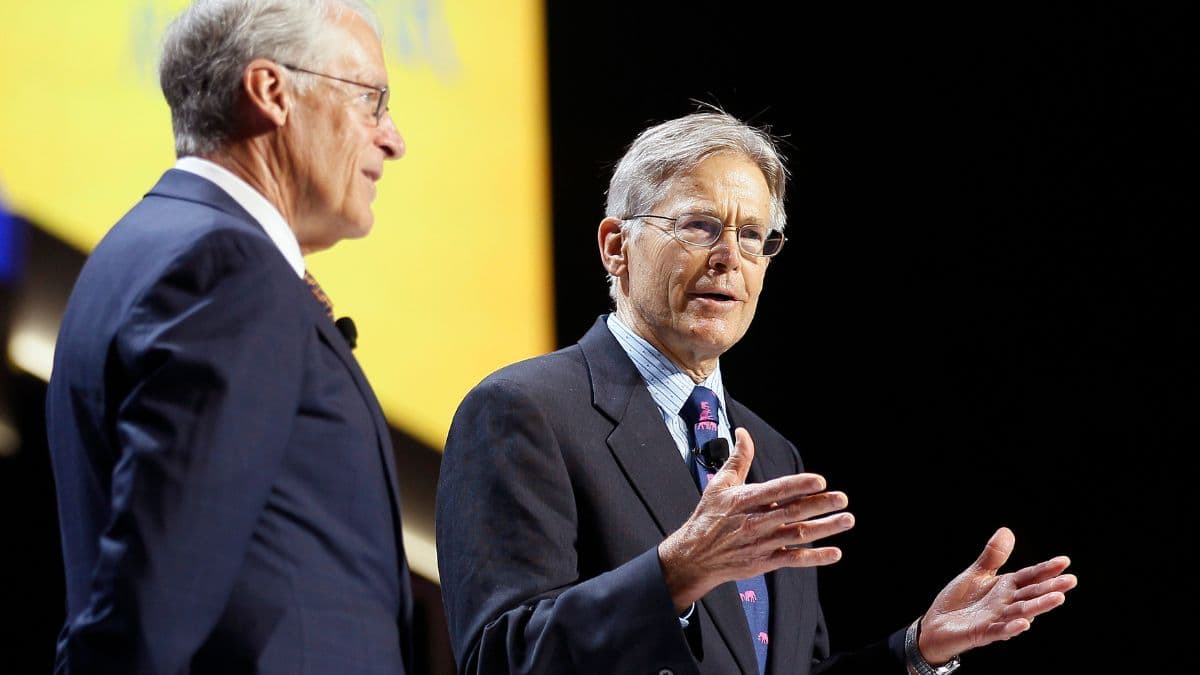- EBRD to invest in QNB Türkiye’s sustainability bond
- Proceeds to have “triple impact” – for climate, women and youth
- QNB Türkiye to become first private Turkish bank to commit to a climate transition plan as part of an EBRD investment
The European Bank for Reconstruction and Development (EBRD) has participated in a sustainable bond issuance by Türkiye’s QNB Türkiye, with an investment of US$ 100 million.
The total size of the issuance is expected to be up to US$ 120 million and will be made under QNB Türkiye’s Sustainable Finance and Product Framework, covering the issuance of green, social and sustainability-focused bonds.
The issuance also aligns with the International Capital Market Association’s (ICMA) Green Bond Principles and Social Bond Principles.
The investment aims to expand green investment opportunities in the private sector, allocating 65 per cent of the financing to supporting investments in renewable energy, energy efficiency, green buildings and other qualifying initiatives.
The use of the proceeds will also enhance inclusivity by using the remaining 35 per cent to support youth- and women-led business in Türkiye, rendering the partnership capable of tripling” its impact.
Women-led businesses in the country still suffer from structural constraints, such as limited credit histories, challenging collateral requirements, and gender bias. Youth-led business also struggle with financing shortages, limited experience and weak market linkages.
In addition, as part of the investment, QNB Türkiye will become the first private bank in the country to develop and implement a climate transition plan as part of an EBRD transaction, striving to integrate climate-risk practices into investment decisions. By embedding transition planning, this transaction sets a benchmark for other Turkish banks and contributes to accelerating the country’s financial sector towards the Paris Agreement goals.
Oksana Yavorskaya, EBRD Deputy Head of Türkiye, said: “We are delighted to support QNB Türkiye’s sustainable journey through this landmark “triple-impact” investment, which not only advances the climate agenda but also promotes inclusivity and empowerment within the Turkish economy. We also commend QNB’s leadership in developing a climate transition Plan – an important step toward shaping a resilient and inclusive future.”
Ömür Tan, CEO of QNB Türkiye, said: “Our collaboration with the EBRD is a significant step in aligning the transformative power of finance with the actual needs of the economy. Through this triple-impact sustainability bond, we advance green investments while empowering women-led and youth-led enterprises, supporting a more inclusive and resilient economic landscape. We see finance as a key lever for sustainable transformation, and with our climate transition plan – the first among Türkiye’s private banks under an EBRD transaction – we reaffirm our commitment to aligning our portfolio with the Paris Agreement and accelerating the country’s sustainable development.”
The EBRD is one of Türkiye’s key investors, committing more than €23 billion to over 500 projects since 2009, largely in the private sector.






